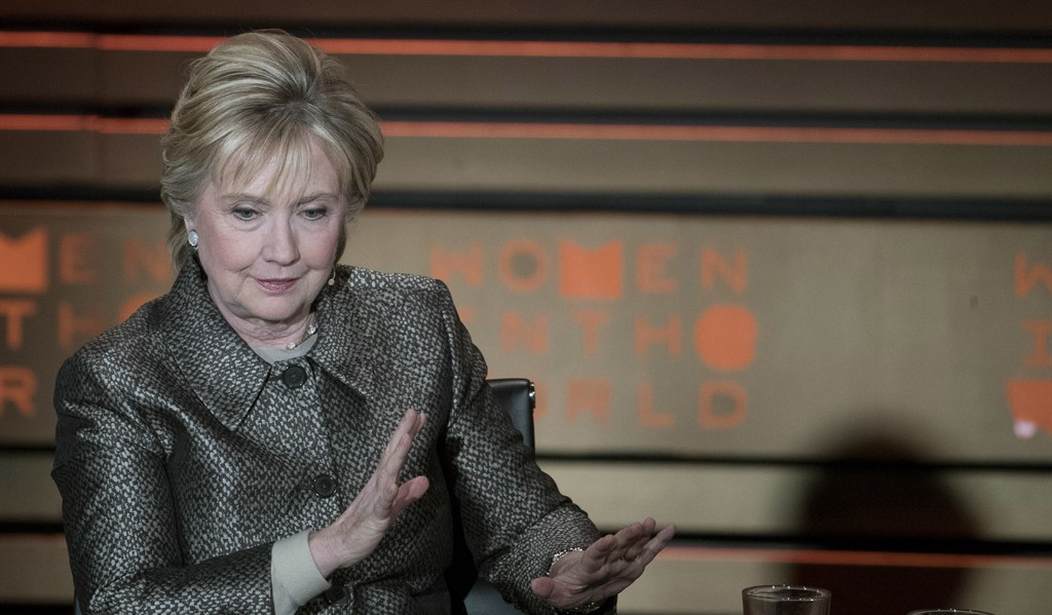Did FBI Director James Comey’s letter to Congress announcing an ongoing investigation into Hillary Clinton’s email scandal cost her the election? That’s the argument that FiveThirtyEight’s Nate Silver has made and which Hillary Clinton herself has seemingly endorsed. But what if it’s not true? Today, Nate Cohn of the NY Times makes the case that it’s possible Clinton’s lead had largely evaporated before Comey sent the letter.
Cohn bases this, in part, on a poll of Florida which was completed the day before the letter was released (meaning no one polled knew about it) but not published until after the letter became news. This poll, which seemed an outlier at the time, showed Trump up 4 points, 46 to 42. And though there aren’t a lot of polls like this from the days immediately before the letter, there are a few which suggest Clinton was hitting bottom pre-letter:
The ABC/Washington Post tracking poll conducted over the same period as the Upshot/Siena poll of Florida, for instance, showed Mrs. Clinton’s lead at just two points, down from a double-digit lead after the third debate. That poll was also released after Mr. Comey’s letter.
Most important, the polls taken before the letter were as bad for Mrs. Clinton as those conducted after it. Again, there aren’t many of these polls, but taken at face value there’s a case that Mrs. Clinton had nearly or even completely bottomed out by the time the Comey letter was released. Even if she had not, the trend line heading into the Comey letter was bad enough that there’s no need to assume that the Comey letter was necessary for any additional erosion in her lead.
These polls are consistent with an alternative election narrative in which the Comey letter had no discernible effect on the outcome.
Cohn also cites an investigation into 2016 election polling by the American Association for Public Opinion Research (AAPOR) which found the letter likely impacted Clinton negatively by a couple points but that it’s unclear the effect was lasting:
The evidence for a meaningful effect on the election from the FBI letter is mixed at best. Based on Figure 6, it appears that Clinton’s support started to drop on October 24th or 25th. October 28th falls at roughly the midpoint (not the start) of the slide in Clinton’s support. What’s more, the lag between when interviewing was conducted and when tracking poll results are released means that the slide in Clinton’s support probably began earlier than estimates in Figure 6 suggest. For example, the ABC News/Washington Post estimate of a tied race on October 31 was based on interviews conducted October 28-31. The IBD/TIPP estimates are based on interviews conducted during the six days prior to the date shown. Factoring in this lag, it is reasonable to speculate that Clinton’s slide began as early as October 22 or 23…
We conducted a regression analysis using all national public polls fielded between September 1st and Election Day. This analysis, which controlled for change over time and methodological characteristics of the polls, indicates that the Comey letter had an immediate, negative impact for Clinton on the order of 2 percentage points. The apparent impact did not last, as support for Clinton tended to tick up in the days just prior to the election.
So there’s an argument to be made that Clinton was sliding before the letter and that, even if the letter depressed her numbers a bit more, she rebounded. I expect to see responses to the NY Times piece tomorrow.








Join the conversation as a VIP Member